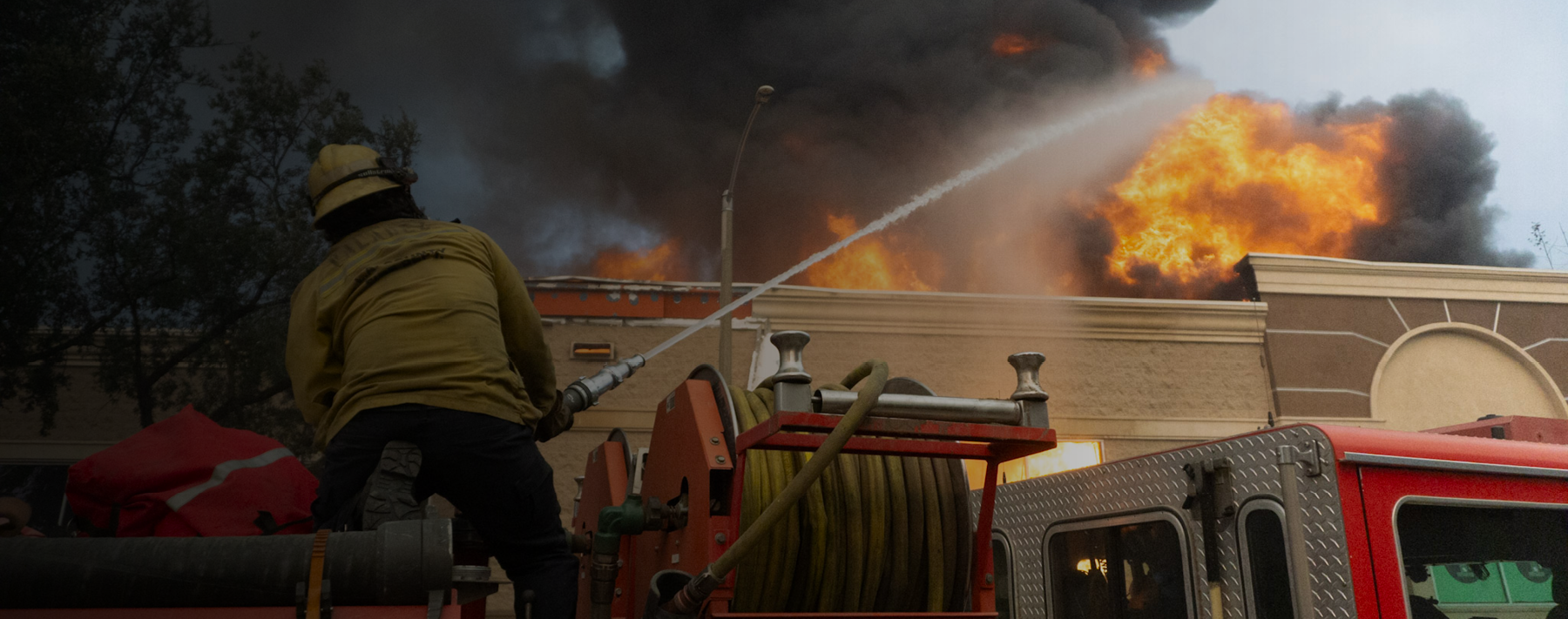Editor’s Note: This article is part of a series of articles in which Curt Varone will address questions on important fire service legal issues. If you would like to submit a question, please email Shannon Pieper at spieper@lexipol.com.
QUESTION: I am the fire chief of a municipal fire department in the process of absorbing a local volunteer company. All our current personnel are full-time career firefighters who work a three-platoon schedule (212 hours/28-day) under the Fair Labor Standards Act §207(k) exemption.
The volunteer company employs a number of part-time firefighters, and we plan to keep those personnel on the same schedule of 10 to 20 hours per week. However, it is possible they may be called upon to work more hours on some occasions. Here are my questions: Are part-time firefighters eligible for the §207(k) exemption, or are they entitled to overtime after 40 hours in a week? Can we have separate work periods for career and part-time employees or does everyone have to be on the same work period?
ANSWER: The FLSA does not distinguish between full-time and part-time employees. An employee is an employee. As such, part-time firefighters are eligible for the §207(k) exemption, even though they may never reach the maximum hours threshold to receive overtime. However, your question raises several important issues related to the appropriate work period for the part-time firefighters.
First, the §207(k) exemption is only available to public sector employees in fire protection activities (firefighters). As such, whether the part-timers were public employees while employed by the volunteer fire company depends on whether the fire company was set up as a non-profit or was a public agency. The onboarding process should clarify their new status with regard to the §207(k) exemption. Until then, they may be eligible for overtime after 40 hours in a week.
It may be risky to assume your new part-time firefighters will be on the same 28-day work period as your career personnel.
To properly utilize the §207(k) exemption, a fire department is required to establish a “work period” of between 7 and 28 days. A work period is the period of time over which we count the hours worked in order to calculate whether any overtime is due. For virtually every hourly employee in the U.S. other than police and firefighters, that period of time is 7 days, and overtime is required after 40 hours. The rules for police and firefighters are different and your question identifies the key section in the FLSA: §207(k).
Some court rulings suggest fire departments that have not established a work period of between 7 and 28 days cannot use the §207(k) exemption. In such a case, the fire department would be stuck not simply with a 7-day work week, but with paying firefighters overtime after 40 hours each week pursuant to §207(a). This is one problem area I can flag for you that you need to address. Here is why.
Neither the FLSA nor the wage and hour regulations issued by the U.S. Department of Labor specify HOW a work period must be established, so long as one is established. Courts have ruled that work periods can be established by actual practice. In such a case, the court will examine how the department is paying firefighters for the overtime they work (i.e., is overtime paid based on hours worked over a 7-day period, a 14-day period, a 21-day period, a 28-day period, or something in between?).
While actual practice can establish a work period, the preferred method is through the adoption of a formal payroll policy that clearly designates the appropriate work period for §207(k)-eligible firefighters. There is no requirement that all firefighters be on the same work period, and in your situation it may be risky to assume your new part-time firefighters will be automatically on the same 28-day work period you have for your career personnel. It is therefore important that your policy specify the applicable work period for your part-time firefighters without assuming they will automatically fall under the same work period you have for your career personnel.
Connecting all this together, let me explain my concern and why it is such a big deal. Without a formal policy stating that the work period for part-time firefighters is 28 days (or whatever applicable work period you choose), their §207(k) status could be ambiguous. Since they are part-timers, they may never reach either the 40 hour per week or 212 hours in 28 days as a threshold for overtime. As such, you may not be able to establish a work period through actual practice. That makes the formality of having a written policy all the more important for your part-time personnel.
Thus, the simple solution for your department is to have a policy that specifies an appropriate work period for all your firefighters, whether full-time or part-time, and follow that policy in practice. The work periods need not be identical for each group of employees, but the work period should be designated in order to utilize the §207(k) exemption.



